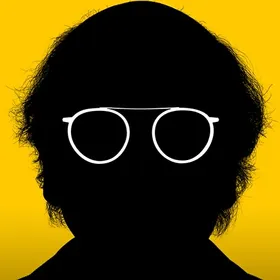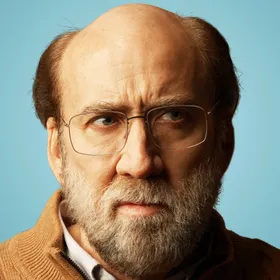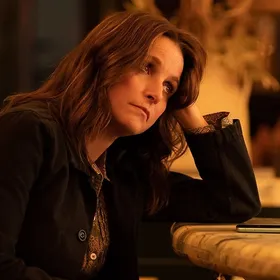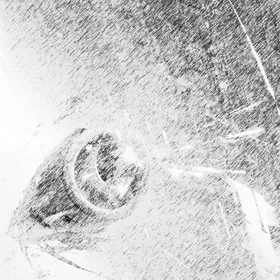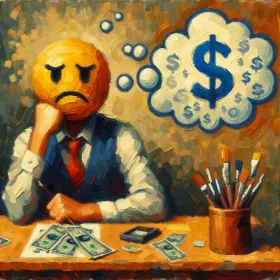According to my records, I’ve watched this film four times before this—twice in the theatre, as I recall—but not since 2011. But it feels like I’ve watched it many more times than that. It’s one of those movies where I can anticipate moments just before they happen: I can hear a line of dialogue before it’s spoken; I can see the framing of a shot before it’s cut to; I could even imitate the gestures of the actors before they moved, if I were the kind of person to fidget during movies.
I’m not going to say much more about the movie itself, other than that it holds up and remains one of my favourites. Rather, I’ll use this as an opportunity to reflect on how my media-consumption habits have changed. Inglourious Basterds came out in a time before streaming services and YouTube created this feeling that I always have something new to watch. Back then, I used to rewatch movies and shows (see also: Curb Your Enthusiasm) over and over again. Even if not the whole thing, I would pick out favourite scenes to revisit; for example, the best scene of this film, the chapter in the bar featuring M. Fassbender and D. Kruger.
I’m going to sound like a grumpy old man when I say this but it goes to show that less is more: less choice means that you can spend more time on the movies that you really love, and it’s through repeated viewings that your favourites becomes your favourites.



